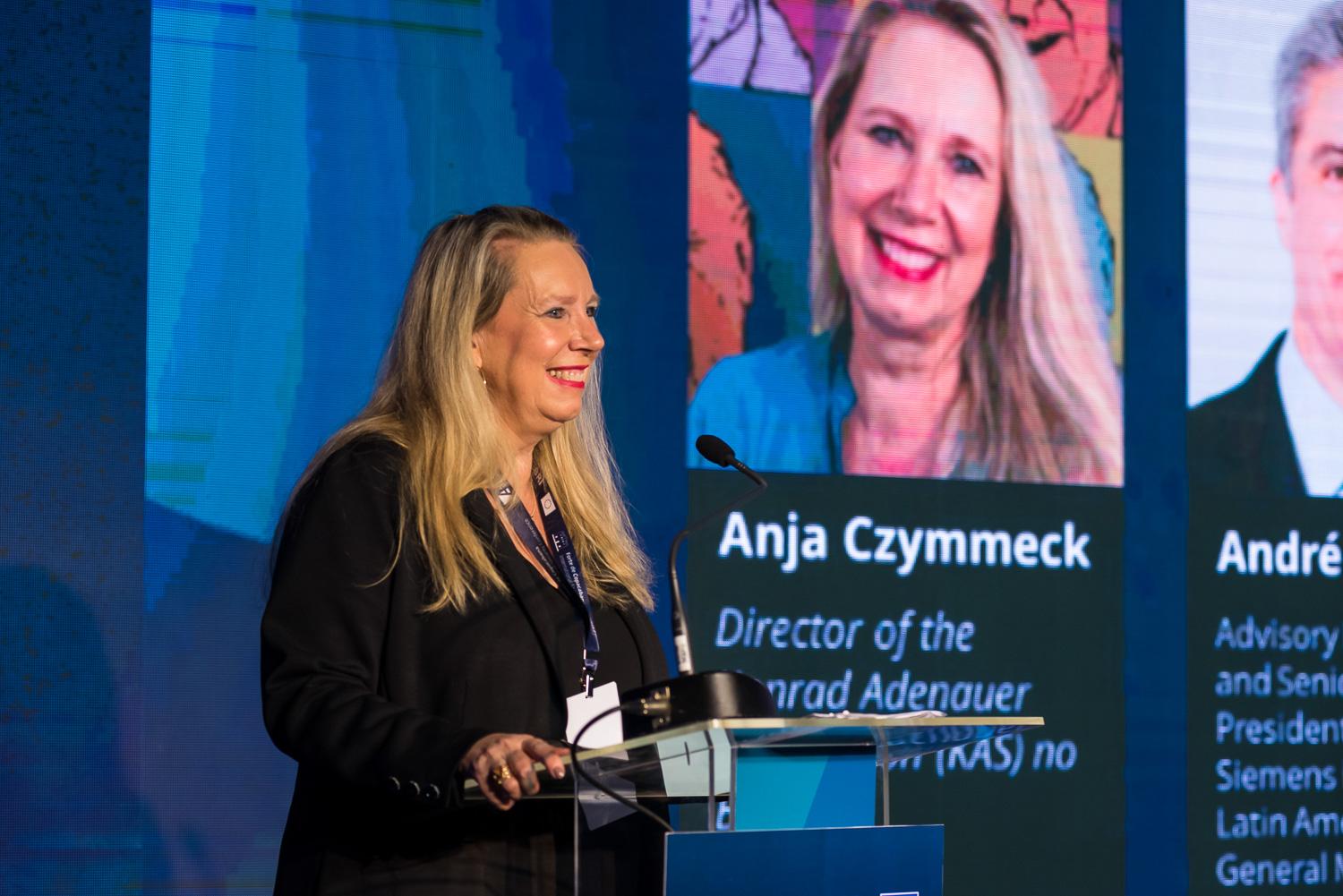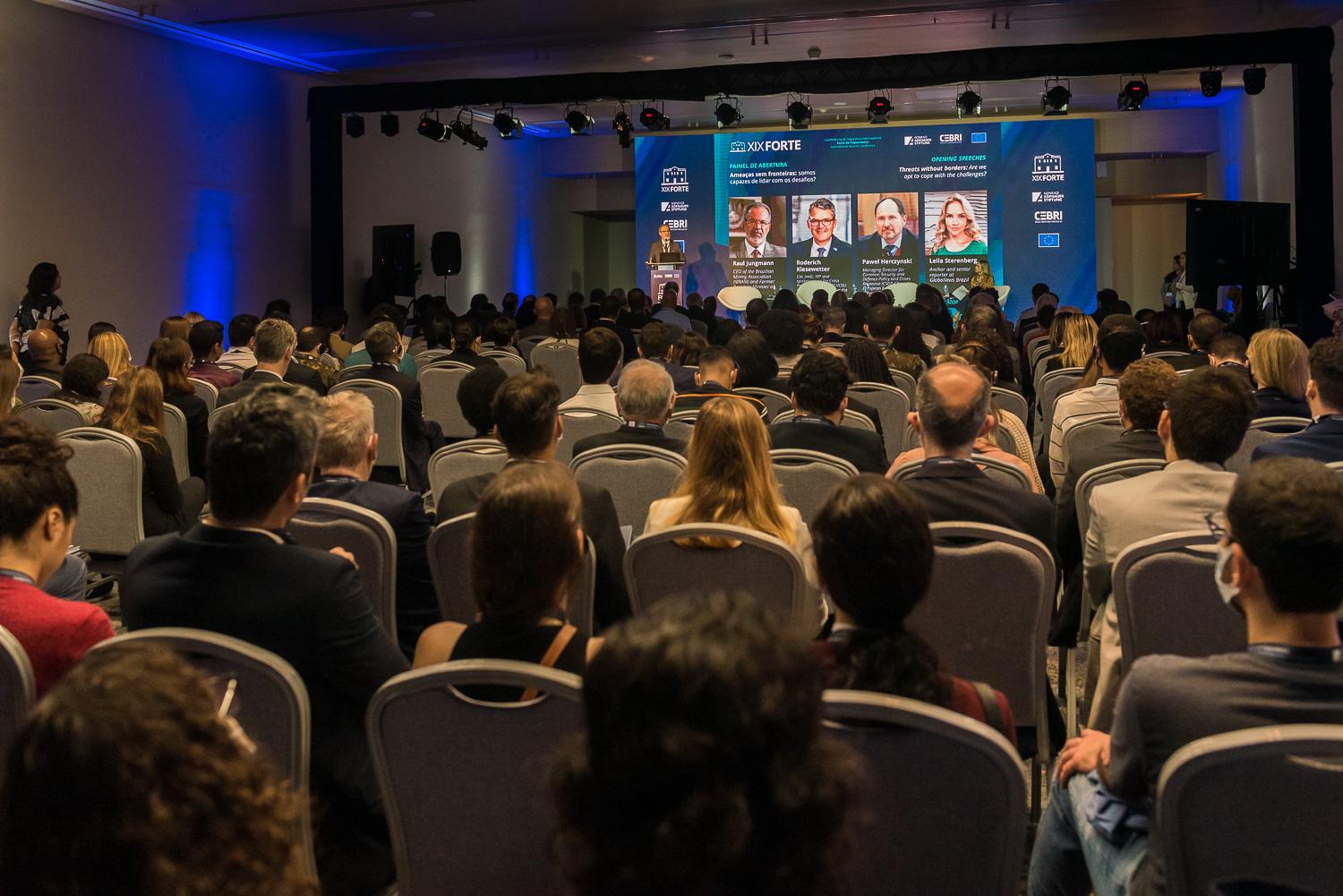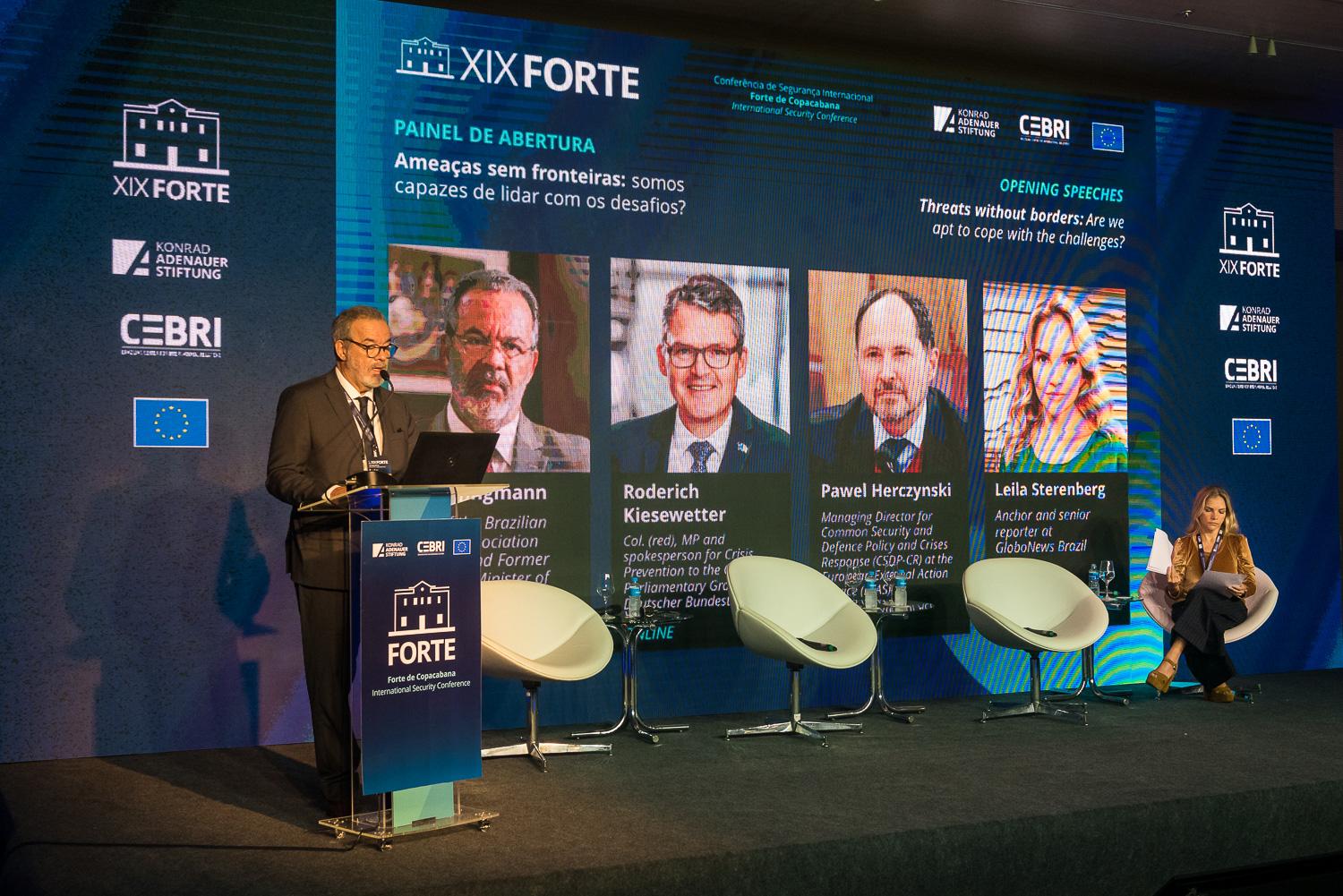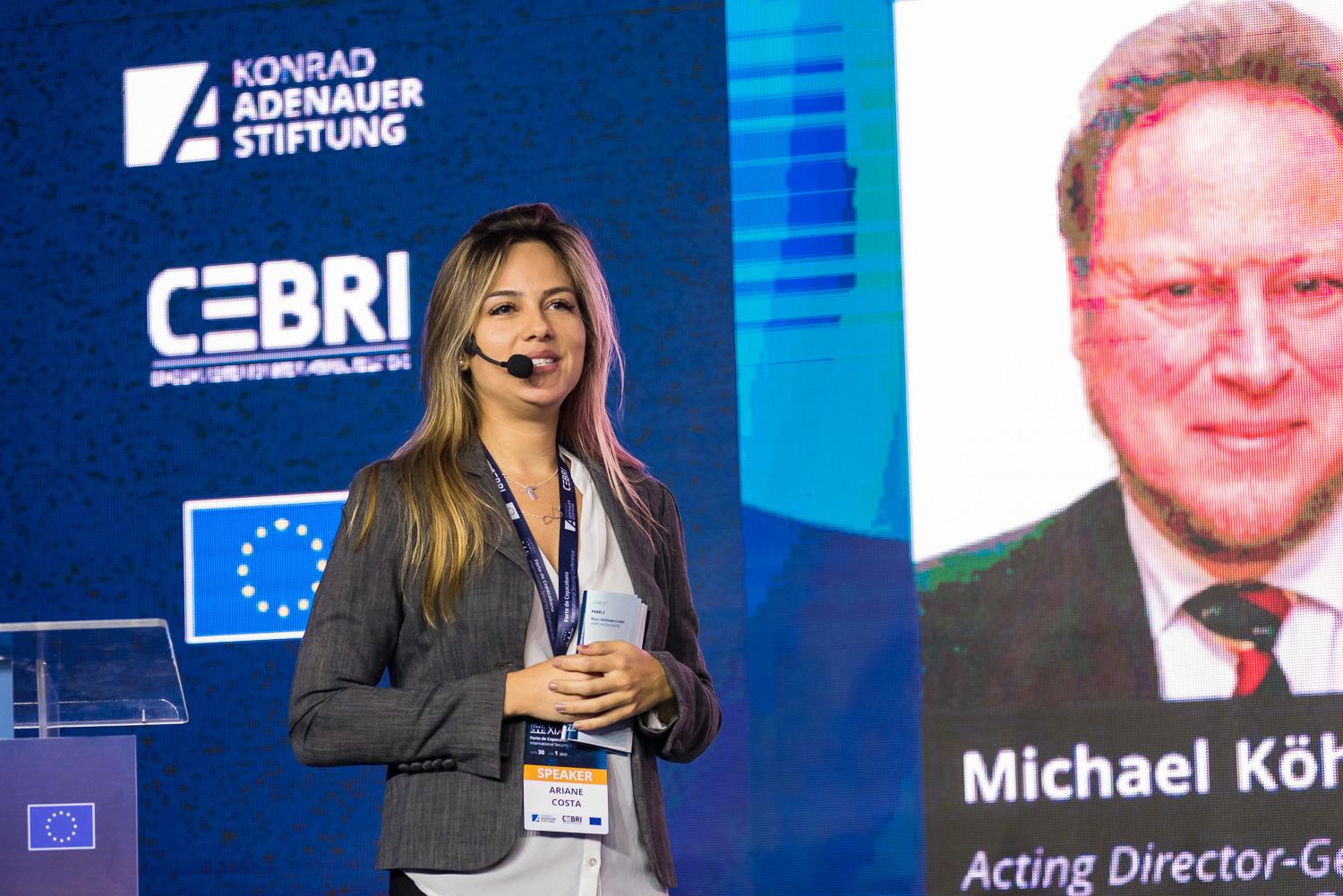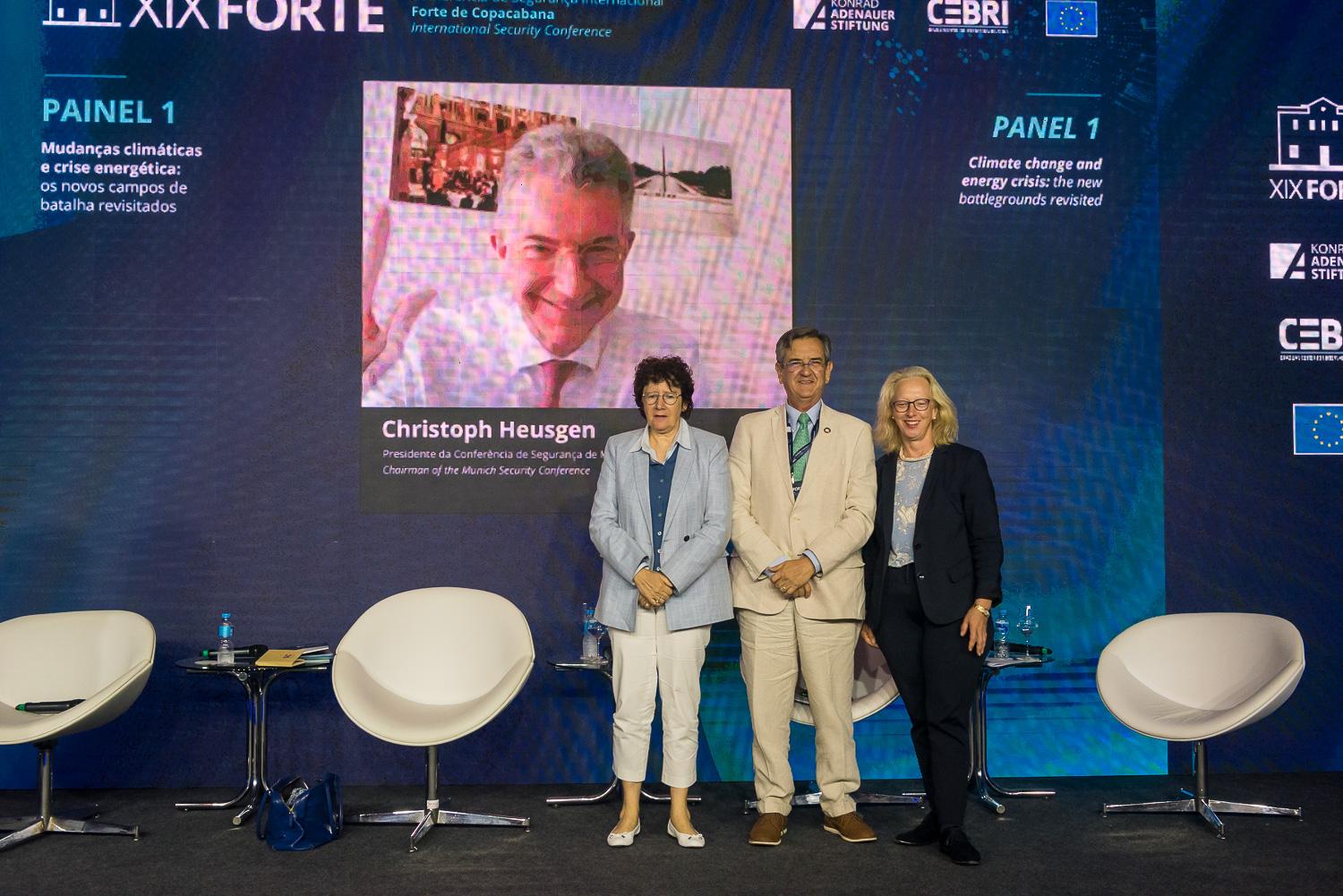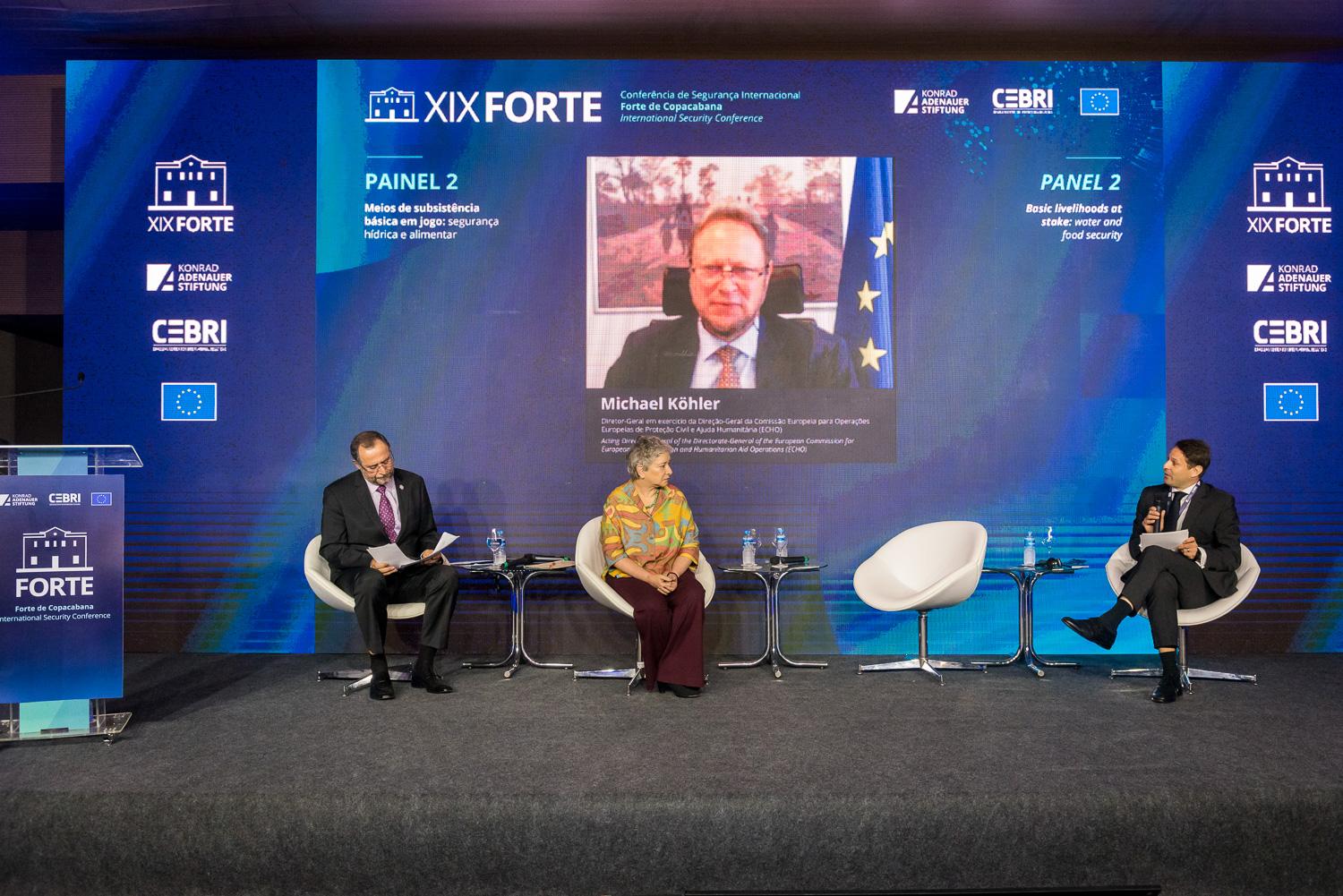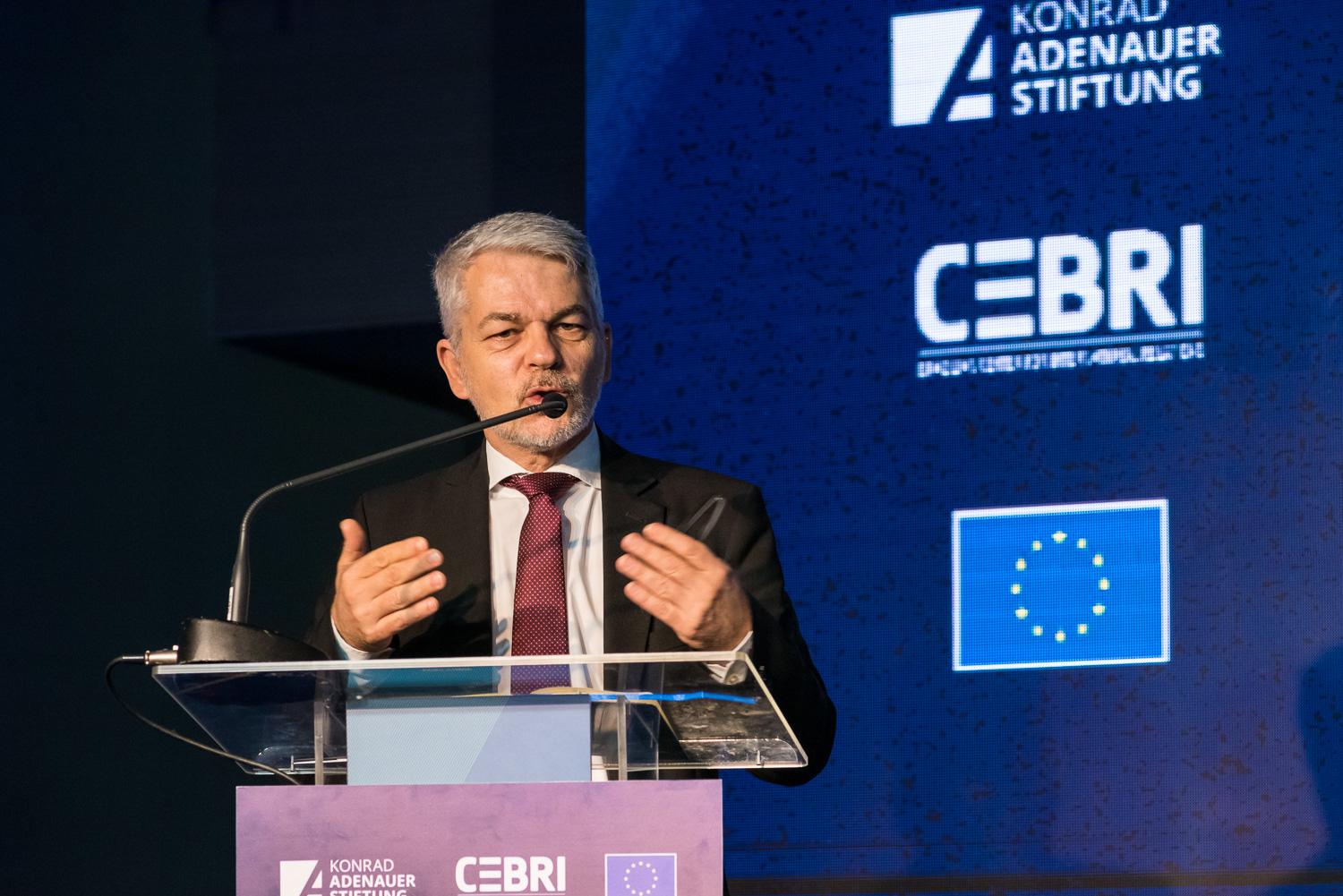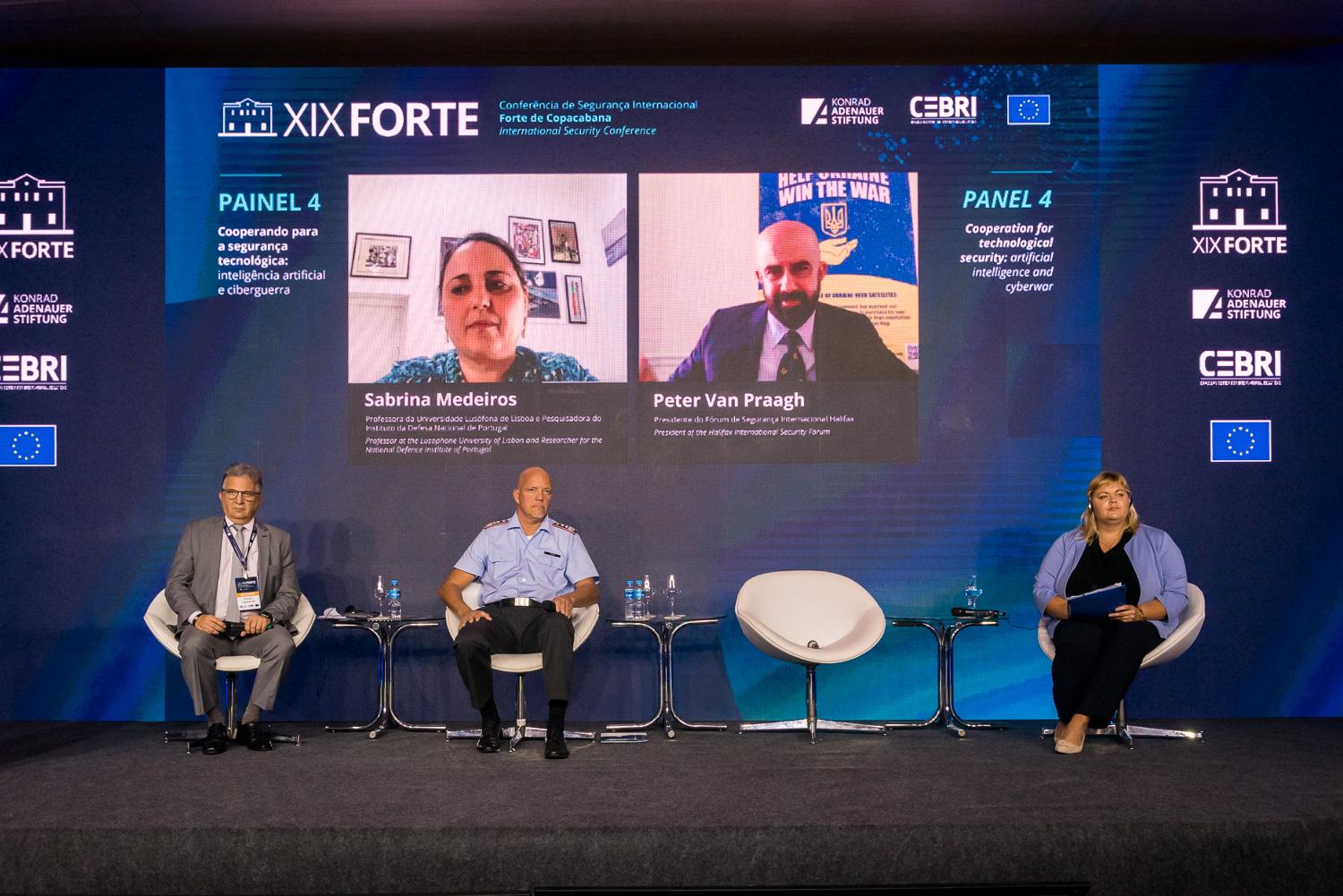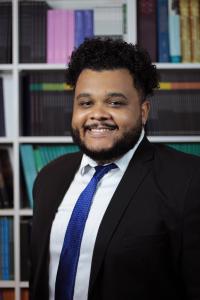The hybrid conference was attended by about 2000 online guests from 41 countries. The number of participants in Rio de Janeiro was 300. The event, which lasted from 30 June to 1 July 2022, was organised by the Konrad Adenauer Foundation (KAS) in cooperation with the Brazilian Centre for International Relations (CEBRI) and the Delegation of the European Union to Brazil Rio de Janeiro.
Recent events in Ukraine flanked the debates of the various panels. Renowned experts from North and Latin America and Europe participated. Germany was represented in the opening panel by Roderich Kiesewetter, Member of the German Bundestag. Furthermore, the foreign and security policy advisor of the CDU/CSU parliamentary group Henning Speck moderated the panel on water and food security. The KAS-Fellow Ambassador Prof. Dr. Christoph Heusgen, Chairman of the Munich Security Conference, Prof. Dr. Carlo Masala, holder of the Chair of International Relations at the University of the Bundeswehr in Munich, and the Military Attaché of the Federal Republic of Germany in Brazil, Colonel Björn Taube, also actively participated in different panels of the conference. Among the speakers were representatives of the European Union, United Nations, Armed Forces and academics, as well as the Chairman of the Halifax International Security Forum, Peter Van Praagh.
The core themes of this year's security conference were climate change and the current energy crisis, water and food security, the consequences of the Covid-19 pandemic, and cybersecurity with a focus on artificial intelligence and technology. The policy papers written by renowned experts to set the mood for the various topics were also presented on the eve of the conference.
The panellists agreed that the current threats are cross-departmental and cross-sectoral and need to be addressed beyond national borders. This applies both to combating climate change and to virtual space. For example, access to and redistribution of rare resources such as freshwater must be regulated in the medium term to avoid conflicts. Similarly, health policies need to be better coordinated at regional and international levels. During the Covid-19 pandemic, the armed forces and state health systems played an outstanding role in the face of the lack of civilian infrastructure. At the same time, the pandemic had exposed the downside of global trade and weaknesses of multilateral organisations. The Russian invasion of Ukraine also highlighted the need to diversify food and energy sources. In the field of cybersecurity and software development, ethical and moral issues should not be subordinated in democracies. In addition, cooperation between armed and security forces, politics and business is indispensable in the fight against organised crime.
The International Security Conference Forte de Copacabana, which was launched in 2003, has become the largest security conference in Latin America over the past 19 years. Its aim is to stimulate and strengthen dialogue between decision-makers, representatives of the armed forces, academia and business on both sides of the Atlantic. The conference owes its name to the homonymous fortress, located in Rio de Janeiro, where the first editions of the event were held. In 2023, the conference will celebrate its twentieth anniversary.
Topics
Provided by
Foundation Office Brazil
About this series
The Konrad-Adenauer-Stiftung, its educational institutions, centres and foreign offices, offer several thousand events on various subjects each year. We provide up to date and exclusive reports on selected conferences, events and symposia at www.kas.de. In addition to a summary of the contents, you can also find additional material such as pictures, speeches, videos or audio clips.



